She died in silence — why Eleanor Lawrence’s quiet fall still shatters us in ‘The Handmaid’s Tale’
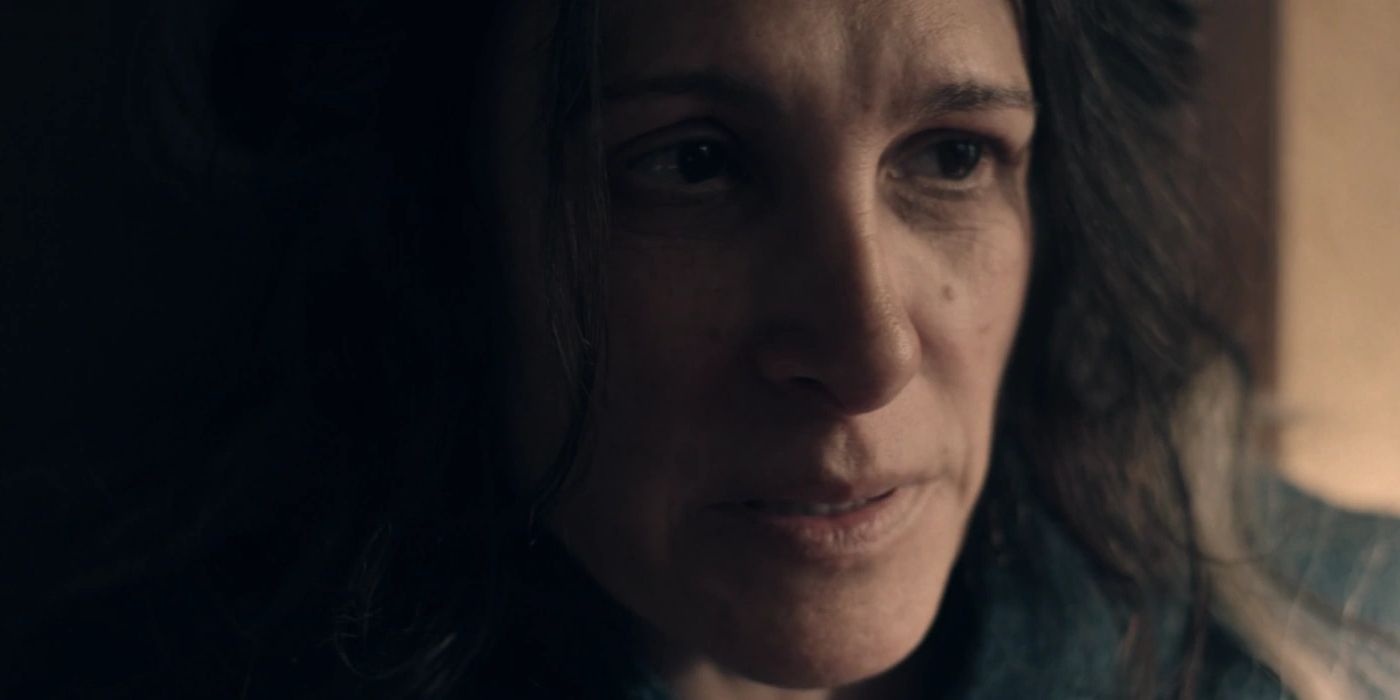
There are TV deaths that shock, and then there are ones that leave a wound — quiet, slow-burning, and impossible to forget. Eleanor Lawrence’s death in The Handmaid’s Tale wasn’t the most violent, but it was, without a doubt, one of the most emotionally devastating. While the show is known for its brutal honesty and dystopian cruelty, Eleanor’s end stands apart — a soft, sorrowful collapse inside a regime built on terror.
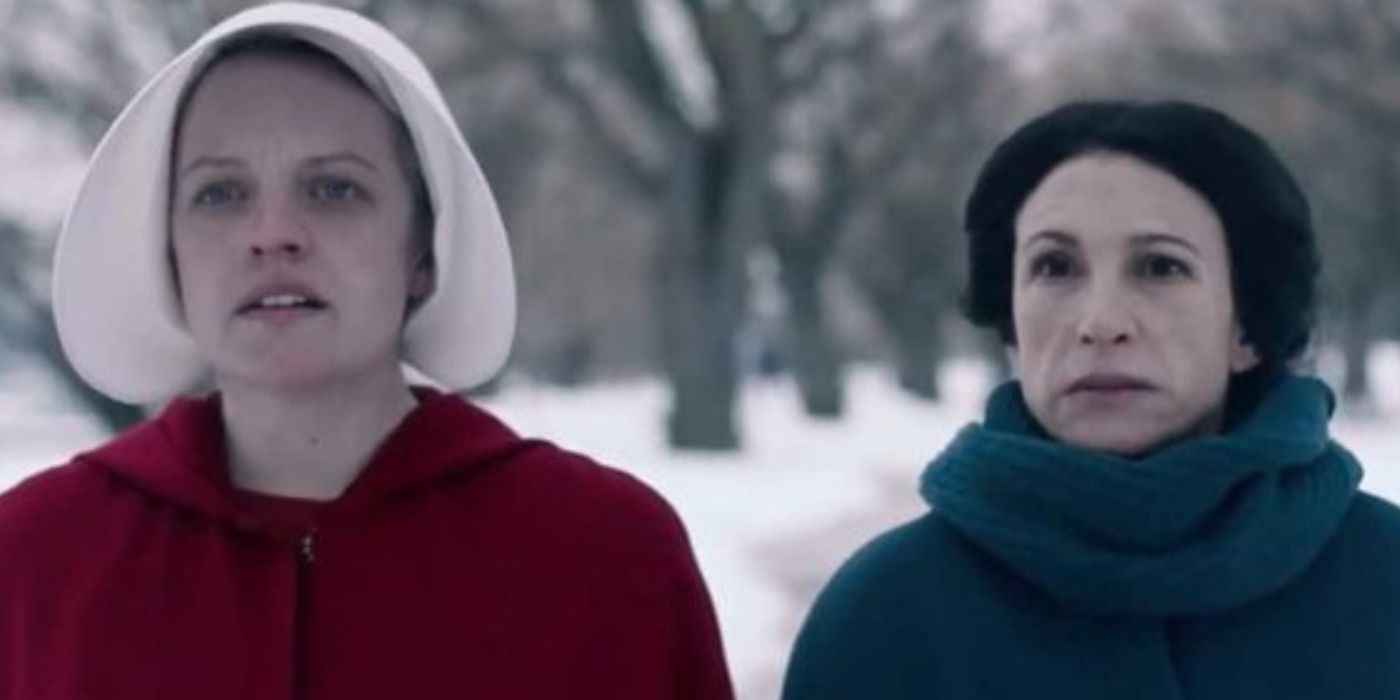
From her first appearance, Eleanor was a fragile echo of the world that existed before Gilead. Julie Dretzin portrayed her with trembling humanity — not a believer, not a tyrant like Serena Joy or Naomi Putnam, but a woman wrecked by the very system her husband helped build. Once a brilliant academic and artist, Eleanor found herself trapped in a society that warped her dreams into rituals of control. Her anguish wasn’t just mental illness — it was clarity. She knew what Gilead was. She saw it for what it was. And she couldn’t survive it.
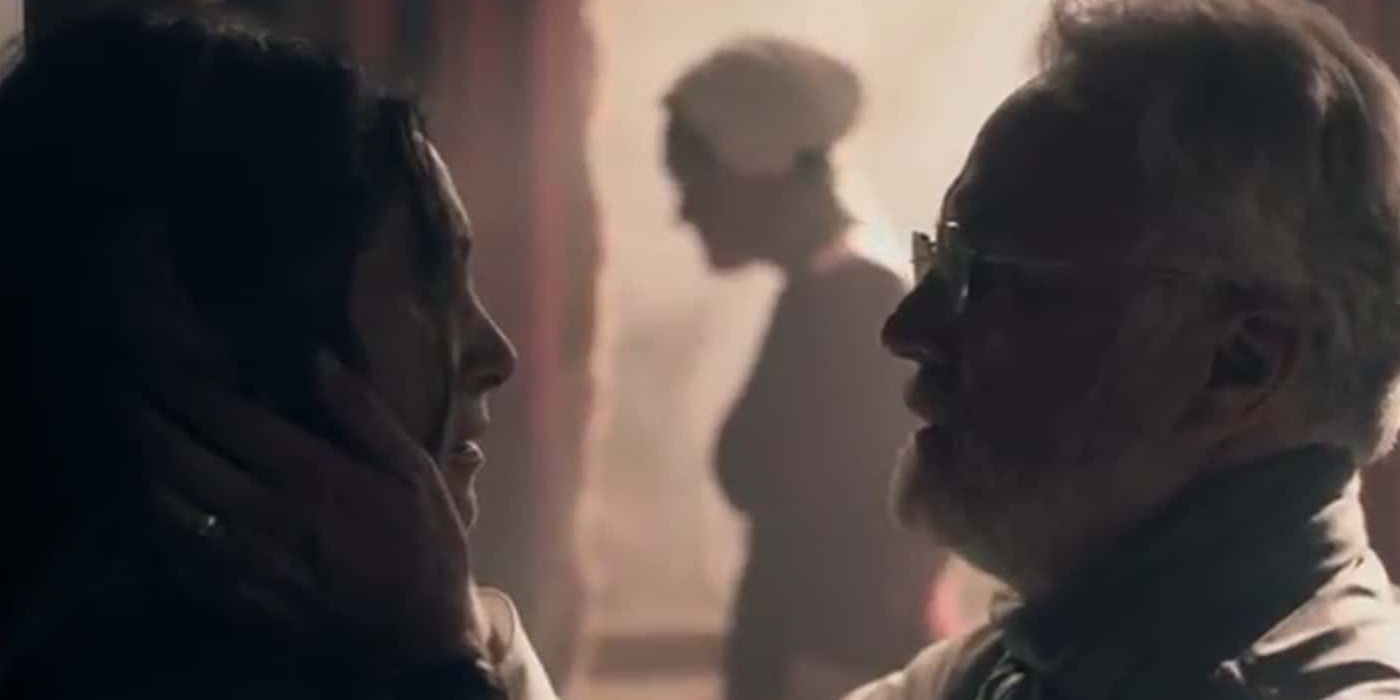
Her relationship with Commander Lawrence was perhaps the most painful love story in the show. She still loved him, but beneath that love simmered grief — for the life they lost, for the guilt she carried, and for the man who created the nightmare they now lived in. The moment she held him at gunpoint wasn’t madness. It was a desperate demand for acknowledgment, a plea for truth from the man she could no longer recognize. It was raw. It was human. And it was unforgettable.
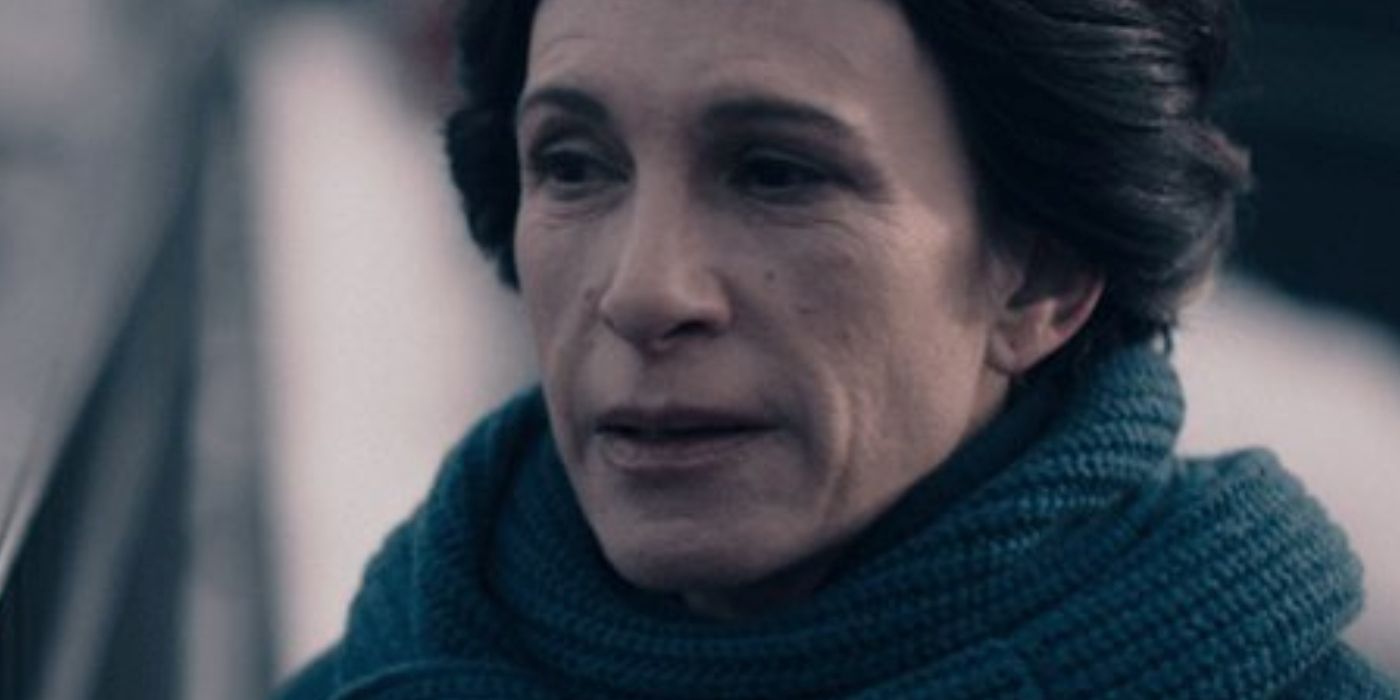
Julie Dretzin gave a performance that should’ve broken the internet — subtle, heart-wrenching, and criminally underrated. Eleanor’s empathy, her alliance with June, and her quiet refusal to become like the other wives made her one of the few genuinely good people in Gilead. And that made her death — a quiet overdose in her own bed — so much harder to watch. No public execution. No violent punishment. Just a woman who finally chose the only freedom left to her.
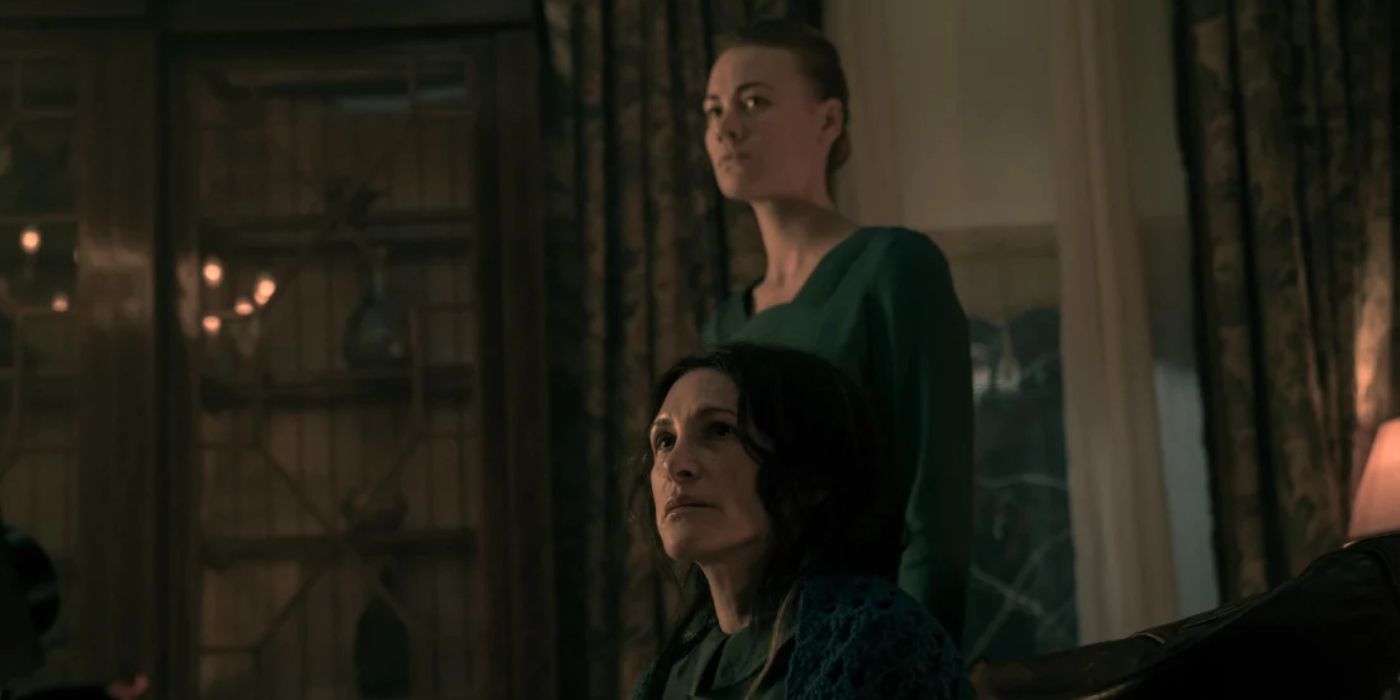
June saw it. She didn’t stop it. And in that moment, Eleanor reclaimed a shred of control. June’s decision not to intervene wasn’t cruelty — it was mercy, born from deep, unbearable empathy. It gave Eleanor a final choice in a life full of stolen ones.
The show doesn’t let us forget her, either. In Season 6, Lawrence still whispers her name — calls her his “real wife” in hushed moments. And when June finally confesses that she watched Eleanor die, Lawrence doesn’t lash out. Maybe he can’t. Maybe the guilt is too heavy. But it’s clear: everything he does now — every change, every deal — is haunted by her memory.

Eleanor’s death wasn’t spectacle. It was a slow implosion of a woman who saw too much and could no longer carry the weight. And in a series overflowing with torment, hers remains the most devastating — precisely because it felt so real.